-
Choose a computerStep 1 of 3. Goals and Wishes01. Goals and Wishes02. Deadlines and Budget03. ContactsMultiple options can be selectedUsage goalsWishesYour choice
-
Choose a computerStep 2 of 3. Deadlines and Budget01. Goals and Wishes02. Deadlines and Budget03. ContactsOnly one option can be selectedDeadlinesBudget
-
Choose a computerStep 3 of 3. Contacts01. Goals and Wishes02. Deadlines and Budget03. Contacts* — required field
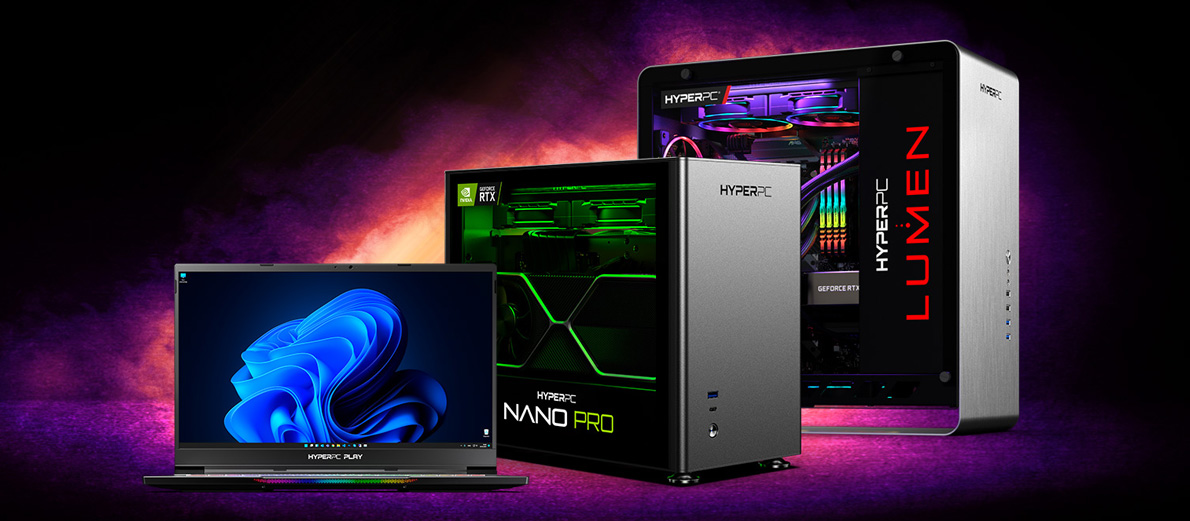
When a user wants to play new games, they face the question of what is better - a gaming laptop or a desktop gaming PC. Each person prioritizes certain qualities. One user seeks a compact and mobile platform for gaming, another prefers high-performance computers, and a third wants these qualities in one device.
In this article, we will discuss what is better - a gaming computer or a laptop, by examining the advantages and disadvantages of each.
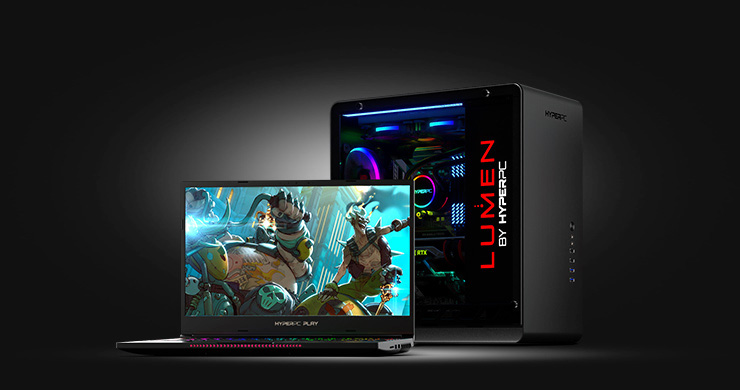
Differences between gaming laptops and desktop PCs
Comparing the structure of a desktop computer and a laptop, even a non-professional can find certain differences at first glance.
Firstly, a desktop PC is bulky and requires more peripheral devices for comfortable work (speakers, monitor, mouse, and keyboard). A portable PC is already equipped with the necessary peripheral equipment, only needing to be opened and turned on.
Secondly, desktop PCs and laptops differ in the performance of their processors and graphics cards. The difference in performance leads to differences in energy consumption, where laptops may be more economical, but not more powerful.
Thirdly, personal computers are easier to upgrade and replace faulty components, while laptops deprive the user of the possibility of additional equipment.
There are many examples of differences between desktop and portable systems. When choosing one for gaming, focus mainly on the three aforementioned criteria and make a choice based on your goals, current possibilities, and preferences.
Portability
Portability and autonomy are the main advantages of laptops, which work on battery power or directly from the network when charged. Battery life ranges from two to five hours, which is enough for most tasks if there is no power source nearby. Mobile PCs are also easier to transport due to their size and low weight, which cannot be said of bulky gaming PCs.
Desktop devices can be equipped with an uninterruptible power supply (UPS), but in case of a power outage, it will last for a maximum of thirty minutes. In terms of transportation, the system unit is picky and inconvenient. It is necessary to disconnect all peripherals and pack them separately, and the unit itself must be securely fixed during transportation. After all, strong vibration can lead to weakened contacts. And if a laptop can be transported in a bag, then a PC will require several boxes and a car.
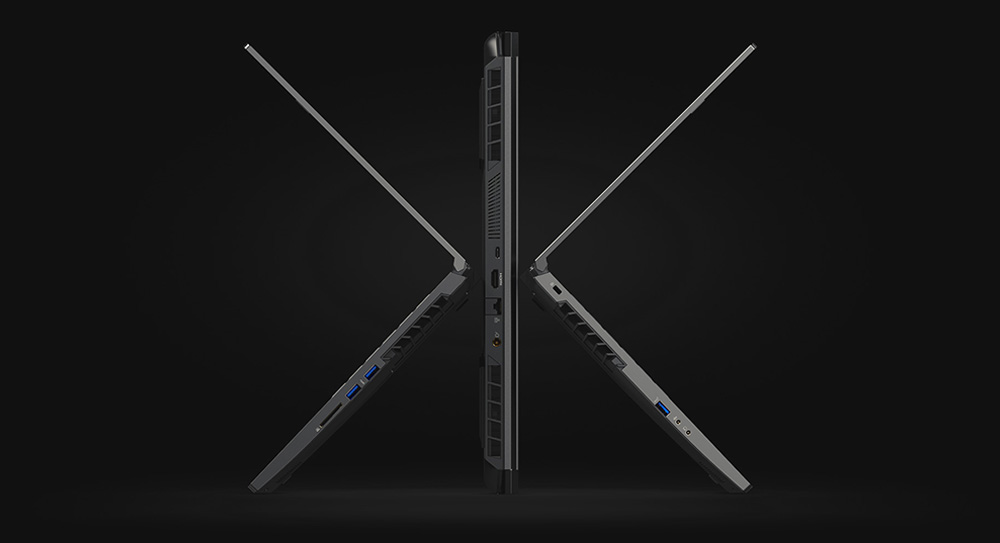
Display
Gaming mobile systems are equipped with 15.6 and 17.3-inch displays by default, in rare cases 19 inches. All displays of laptops optimized for gaming have FullHD resolution, but there may be instances with higher resolution and refresh rate. The weight of gaming laptops with a 21-inch diagonal may exceed 5 kg, which makes it less portable.
Desktop PCs can be connected to displays with different diagonals, the main thing is that the output matches the output on the graphics card. Even if there is no output, you can use an adapter and connect it to a home theater. Netbooks also provide for connection to external monitors and the ability to display the image on a large screen, but everything will depend on the power of the graphics card and may lead to lags and delays.
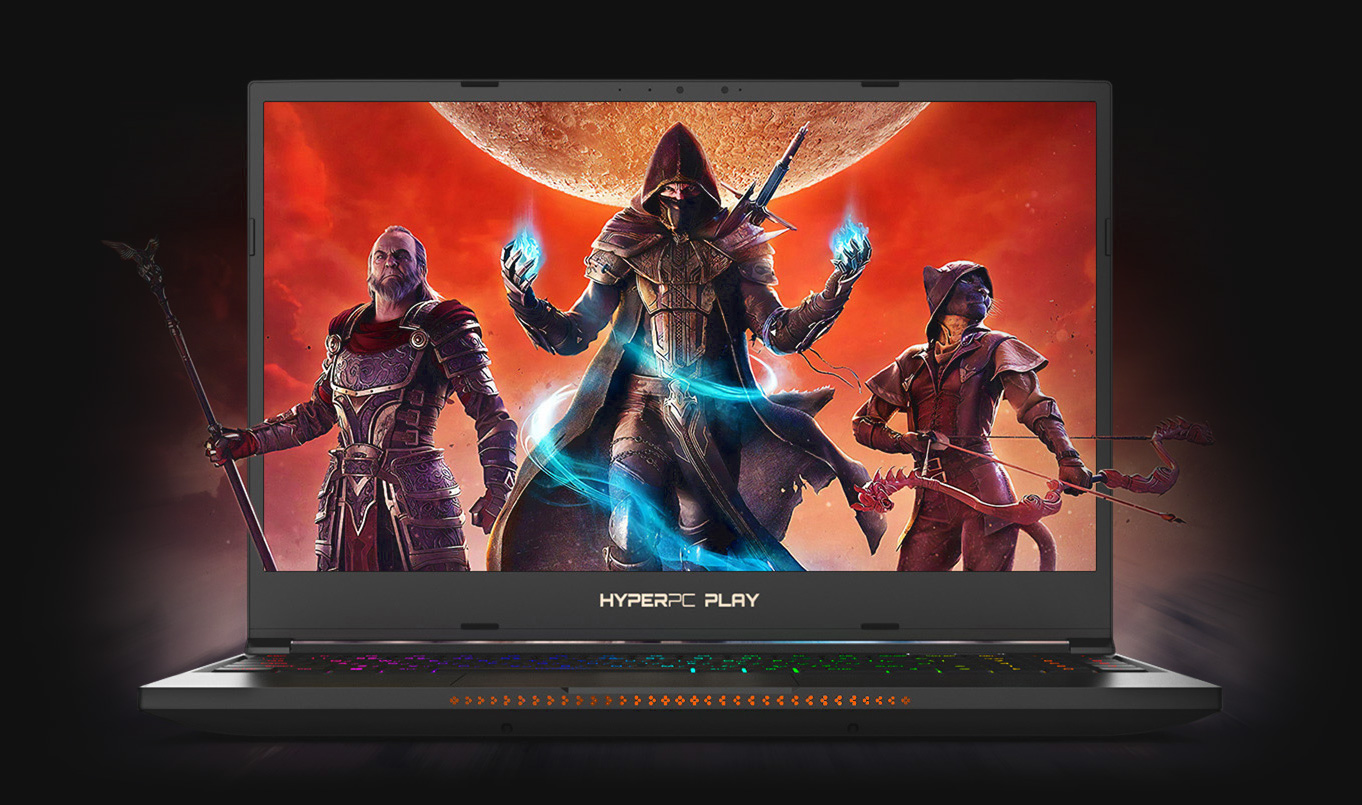
Price
Mobile and gaming PCs, due to their performance and other characteristics, are not cheap. In terms of cost, building a desktop setup with the same performance as a powerful laptop can be several times cheaper.
Peripherals and convenience
In terms of the need for additional equipment, a mobile gaming device has an undeniable advantage. The only thing that needs to be purchased additionally is a mouse, as the touchpad is completely unsuitable for active gameplay. Otherwise, it is fully ready to use immediately after purchase.
A gaming PC will require more resources to assemble the system unit, as well as require additional peripherals:
- a monitor is needed for displaying images;
- speakers, a monitor with built-in speakers, or headphones are needed for sound;
- a mouse and keyboard are needed for input.
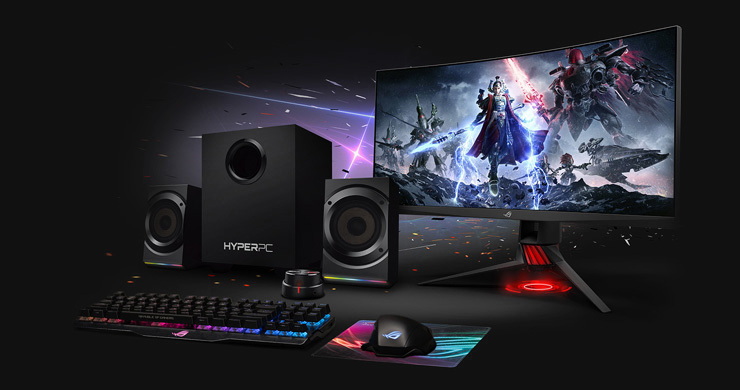
Accessories
A computer is more suitable for those who are tied to a specific location. Wireless input and output devices allow you to move away from the PC to some distance, but the signal can be interrupted at too great a distance. Peripherals, although wireless, still have a certain battery life, and the monitor has a viewing angle. A portable platform in this regard allows you to play anywhere: lying in bed, sitting at a table, etc.
Upgrading
In terms of upgrading and customization, the advantage is clearly on the side of desktop systems. In laptops, it is relatively easy to replace the RAM, and it is also possible to replace the video card of the MXM standard. However, such video adapters are difficult to find freely on sale. In all other regards, upgrading a gaming mobile PC is an almost impossible task. Due to the layout of its components, it is difficult to completely disassemble and assemble, which can take a lot of time and resources.
Desktop PCs are much easier in this regard:
- all peripherals can be changed relatively easily, in a couple of movements;
- upgrading the system is also not problematic, the main thing is the compatibility of components with each other. It is enough to remove the side cover of the system unit, and access to all PC components is open;
- in a desktop computer, any element is available for replacement: from RAM and cooling system to power cables and the case.
In addition, PC advantages include easy external and internal customization:
- installation of RGB lighting or light panels is not uncommon in gaming PCs;
- the case can be covered with a stylized vinyl film, decorative panels, airbrushing to match the user's visual preferences;
- even some components of personal computers are subject to cosmetic changes, such as the casing of a video card or memory chips.
Heating, consumption, temperature mode
If we look in more detail at the issues of temperature regime and energy consumption, here the gaming laptop clearly wins. In terms of energy efficiency, the entire system of such a laptop can consume 200-300 watts, while in stationary "system units" the energy consumption of one processor can be 250 watts!
Gaming laptops are equipped with good cooling systems, as they are often placed on surfaces that hinder good air circulation. At the same time, the temperature on the stone can rarely exceed 80 degrees even on hot systems. And when playing on special stands, it stays at around 55-60 degrees.
Stationary systems are hotter, under load, the temperature of the processor can rise to 95 degrees. To avoid overheating, it is necessary to ensure a well-ventilated case and additional cooling for the processor and other nodes. Liquid cooling is preferred, as it provides better heat dissipation.
Performance
When it comes to performance, good gaming results can be achieved with a portable gaming platform. But if it is compared with a personal computer, it will almost always be at a disadvantage.
Mobile versions of processors always have reduced clock speeds compared to their desktop counterparts to be less hot and energy-intensive. The same can be said about mobile graphics cards, as the modern discrete graphics card of stationary PCs is their most massive part.
If performance is the most important aspect, then the choice should definitely be made in favor of a desktop gaming computer. Among the top models of laptops, high-performance models can be found, but they do not match the top desktop models.
How to choose a gaming laptop
When choosing a gaming mobile platform, the first thing to pay attention to is the processor and graphics card. If the RAM and storage can be replaced if needed, increasing the volume of both components, then the processor and graphics card cannot be replaced.
Budget laptops for gaming lack discrete graphics. Integrated graphics will allow you to play modern games only on low settings or in relatively good quality, but not in outdated projects.
A mobile platform with a discrete graphics card can already be considered a full-fledged gaming station. You can play a greater number of well-known titles in high resolution and without FPS drops. Moreover, modern models of discrete graphics cards provide excellent power reserves for three years ahead.
How to choose a gaming computer
In a gaming PC, you should pay attention to the same points as in a portable (processor + graphics card). This combination is primarily responsible for speed and performance. A desktop PC is more upgradeable and customizable, so attention should also be paid to the platform.
If there are no further updates planned for the processor line, then subsequent upgrades will be more expensive. Because moving to a new platform is at least a new motherboard for the processor and may also require RAM (AM5 does not support DDR4, unlike AM4).
It is also worth considering the cooling system. If the device is equipped with weak cooling, this can lead to PC shutdowns with the processor going into protection mode due to overheating. Games, with poor heat dissipation, can heat the processor to extreme temperatures and ultimately cause irreparable damage to the silicon crystal.
A gaming laptop is a well-coordinated device in this matter, which takes into account every detail even at the design stage. A desktop PC requires a more scrupulous approach to selecting components when you want to achieve both high performance and reliability.
Need something special? Build your own PC or choose from stock.
Сonclusions
In 2023, gaming laptops possess enough power for users to play games on high graphics settings. However, due to their limitations in cooling and power, laptops have always lagged behind and will continue to lag behind desktop PCs.
Gaming laptops have other significant advantages over desktops:
- can be used independently;
- they are portable, compact, and energy-efficient.
Which is better and which is cheaper? There's no definitive answer; it all comes down to the user's needs.
If you travel a lot or are constantly on the move, but the spirit of a gamer doesn't allow you to let go of the world of video games, then you should definitely choose a gaming laptop. On the other hand, if you are mostly stationed in one place and enjoy gameplay in comfortable conditions, then you should opt for a personal gaming PC.